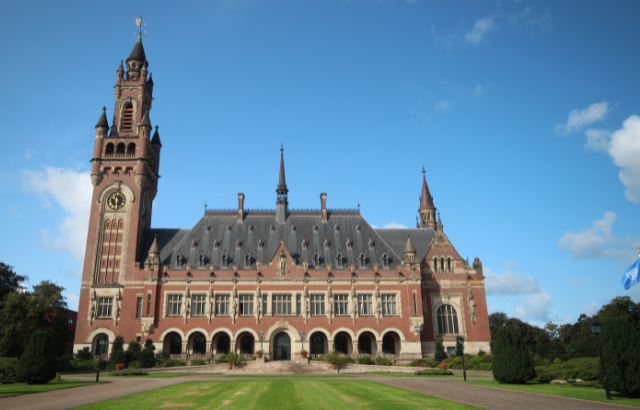Shoshana Zuboff on The Age of Surveillance Capitalism
The Institute for the Humanities and Social Sciences (IHSS) at Queen Mary University of London has held its Annual Symposium. Delivered by Professor Shoshana Zuboff, the event addressed the topic of her recent and influential book The Rise of Surveillance Capitalism.

Professor Shoshana Zuboff is a world-leading scholar
The Age of Surveillance Capitalism is an eloquent and well substantiated argument against technological inevitability, without ever losing faith in technological possibility. Throughout the book, Zuboff reminds us of the lived, material costs of the drive for technological mastery, 'technological inevitabalism' as she puts it.
In the age of big tech monopolies and Cambridge Analytica, this power to exploit by leaving no human wish left alone differs to the power of a Big Brother. It is more like a 'Big Other' – a medium that is simply always there, quietly shaping and influencing what we do. The human costs of a totalitarian ideology and the human costs of what, in another of her terms, she calls the 'instrumentarian' ideology of this Big Other, is that the workings of the latter – of surveillance capitalism – are largely invisible. Yet they too wield a destructive power.
Digital freedom in the Pandemic
The Age of Surveillance Capitalism is a wake up call on all these fronts as it weaves a compelling story rich with metaphors and insights. In Professor Zuboff’s hands, 'personalised ads' are characterised almost as guerrilla attacks, if not fracking operations launched upon the human person. And from insights like these come perhaps the fundamental take home of the book: which is to implore us to open our eyes and look. Look what industrial capitalism has done to physical nature, and then imagine, just for a moment, what surveillance capitalism could yet do to human nature.
An Information Civilisation
During her lecture and the discussion afterwards, Professor Zuboff expanded her thinking in this area by considering the emergence of, and coming political struggles over, a new form of 'information civilisation'. The pursuit of a politics of transparency and trust emerged as two critical things likely to determine how we break out of the vicious circle defining this information ‘civilisation’ at present: where technology monopolies hold the balance of power in each of three critical and self-reinforcing areas: Who knows (knowledge), Who decides (authority), and Who decides who knows (power).
About the IHSS at Queen Mary
The IHSS brings together leading scholars from the Faculty of Humanities and Social Sciences at Queen Mary University of London to share ideas, develop new research, and explore innovative approaches to scholarly problems and public concerns alike.
In 2020 Thomas Piketty delivered the first IHSS Annual Symposium with his fascinating discussion on the deep history and politics of inequality.
More information
- Read the full series of live tweets about the event on the Twitter account of Queen Mary’s Faculty of Humanities and Social Sciences
- Find out more about Queen Mary’s Institute for the Humanities and Social Sciences.
Related items

10 December 2024

10 December 2024
For media information, contact:
